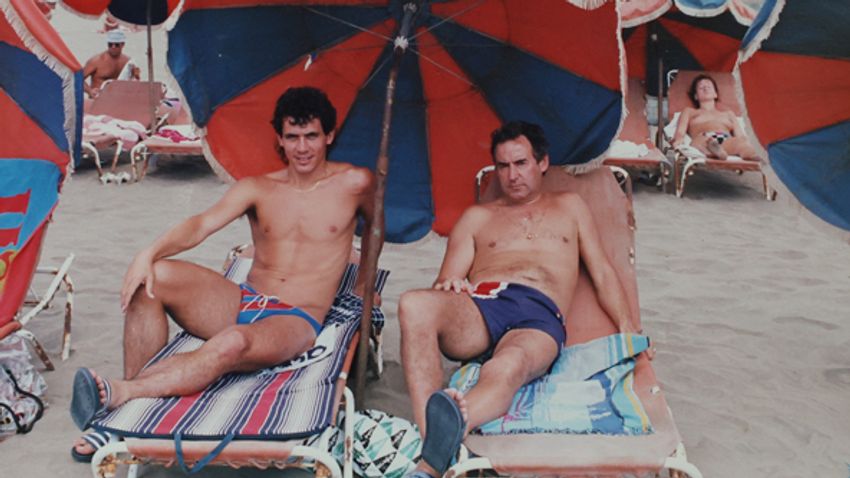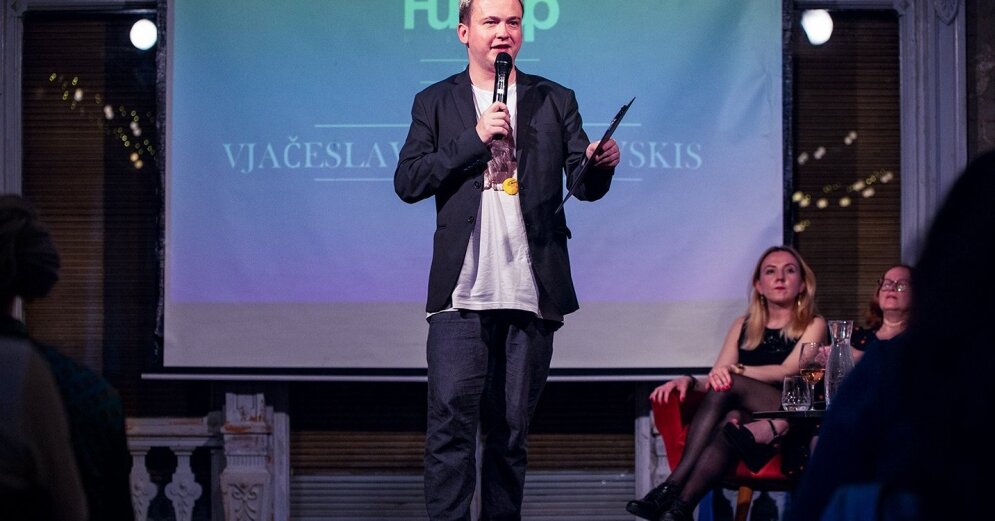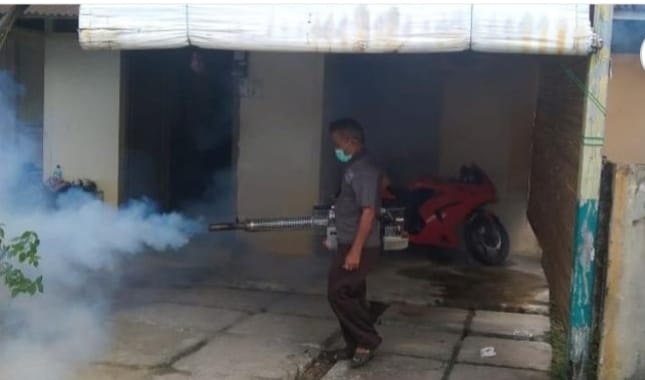– My parents and my brother, who was not yet a year old, fled to France during the Spanish Civil War in 1939. My father taught television news at the Madrid military academy, was a high-ranking officer, and after the defeat in the war he had nothing left of republican. He could count on retaliation, maybe he would be executed. I was born in France as early as July 3, 1941, in a small town called Saint-Julia, said Ricardo Vallejo for National Sport in a given interview.
Family reunification in Hungary
Tribulations also awaited the family in France. Ricardo’s father took his Morse code device with him, but it was classified as dangerous military technology, so he was deported to Corsica. The family was finally reunited in Hungary.
– In Moscow, the Spanish Communist Party agreed with Stalin and the French government that Spanish refugees from France would be accepted by the socialist countries. My father wanted Czechoslovakia, but by then the Czechoslovakian quota was full, so we were divided in Hungary. He was transported by Polish ship from Corsica to Danzig, my mother and brother and I traveled by train for three and a half days, until finally all four of us arrived in Budapest in November 1951. We took an apartment from the Hungarian Workers’ Party in Váci. út 12, I lived here until my marriage in 1965. One hundred and twenty Spanish families came to Hungary at that time, we also had a common club where we met regularly, talked and danced – he continued his adventurous life.
The strange language of football …
Ricardo Vallejo entered our country easily thanks to football.
– My brother and I knew French well, so they enrolled me in a Hungarian teacher who was a native French speaker, but after two lessons I got bored and instead of the special lessons I went to play football on the Béke tér dirt road. When our parents asked the teacher about us, he told them that the older child is diligent, but he never sees the youngest. I suspect, by the way, that I learned the beauties of the Hungarian language on the football field earlier than my brother learned from the French teacher – he revived the beginnings in Hungary, without saying that the Angelföld bullies took advantage of his lack of knowledge of the language and put him in an unpleasant situation with crude jokes.
Caller from the second division
After years in the age group, Ricardo Vallejo became an Egetérts second division footballer when luck smiled at him unexpectedly in 1961.
– In early autumn, we played a training match with the national team on our pitch in Soroksár. Even what didn’t work for me that day, if I was accidentally hit with the ball, it still bounced in the right place. I scored a goal, made an assist and in the end we lost three to two. Lajos Baróti liked my game, he wanted to include me in the national team – he revived the incredible story.
The young man of Spanish origin did not become a footballer of the Hungarian national team, because at the time the institution of dual citizenship did not exist and he did not want to deny his Spanish identity.
At the end of his career, Ricardo Vallejo worked first in hospitality, then, using his language skills, in foreign trade, and finally settled back in Spain. However, he did not interrupt relations with Hungary, he was, for example, the successful former coach of Vidi, the interpreter of Ferenc Kovács in the 1986-87 season at Las Palmas, and then Laszlo Dajka he also assisted the Canary Islands club in his signing.
In recent years he has been living in Hungary again, avoiding the limelight.
|
The story of Dajka Las Palmas toured Hungary in 1988 and the club’s coaches noticed László Dajka, the 29-year-old forward for the Honvéd national team. The creation of the contract faithfully reflects the conditions of the moment. Dajka strongly wanted Spain, so before the talks, he offered Vallejo a fifteen percent commission from the signing money in case of success, which he politely refused, saying his help doesn’t depend on that, his regular work guarantees. even his livelihood. The negotiation was also complicated by the inconsistency of the people of Kispest: at first they asked the Spaniards $ 200,000, but then, sensing the easy willingness to pay, they said $ 250,000, but the other party refused. In the end, $ 200,000 remained, which was considered an exceptionally high amount at the time. – When I went to Las Palmas, Ricardo helped me a lot, as at first I was in a fairly vulnerable position from a linguistic point of view – the 63-year-old coach, who recently worked for Honvéd, revived the his memories. – It’s creepy when you sit in the locker room not understanding anything from the conversation and jokes around you. I think this also has a negative effect on the player’s performance, it can make him go back up to fifty percent. Today such a problem does not occur much, because English is spoken everywhere. It was a different world at the time, looking back, I can see that as a player from the Eastern Bloc, I may have had a sense of inferiority. Yet in Spain I was the foreigner, the professional foreigner, the star, if you like. There they called the iron curtain telón de acero, which I soon learned … |
Cover photo: László Dajka and Ricardo Vallejo during the years in Las Palmas


